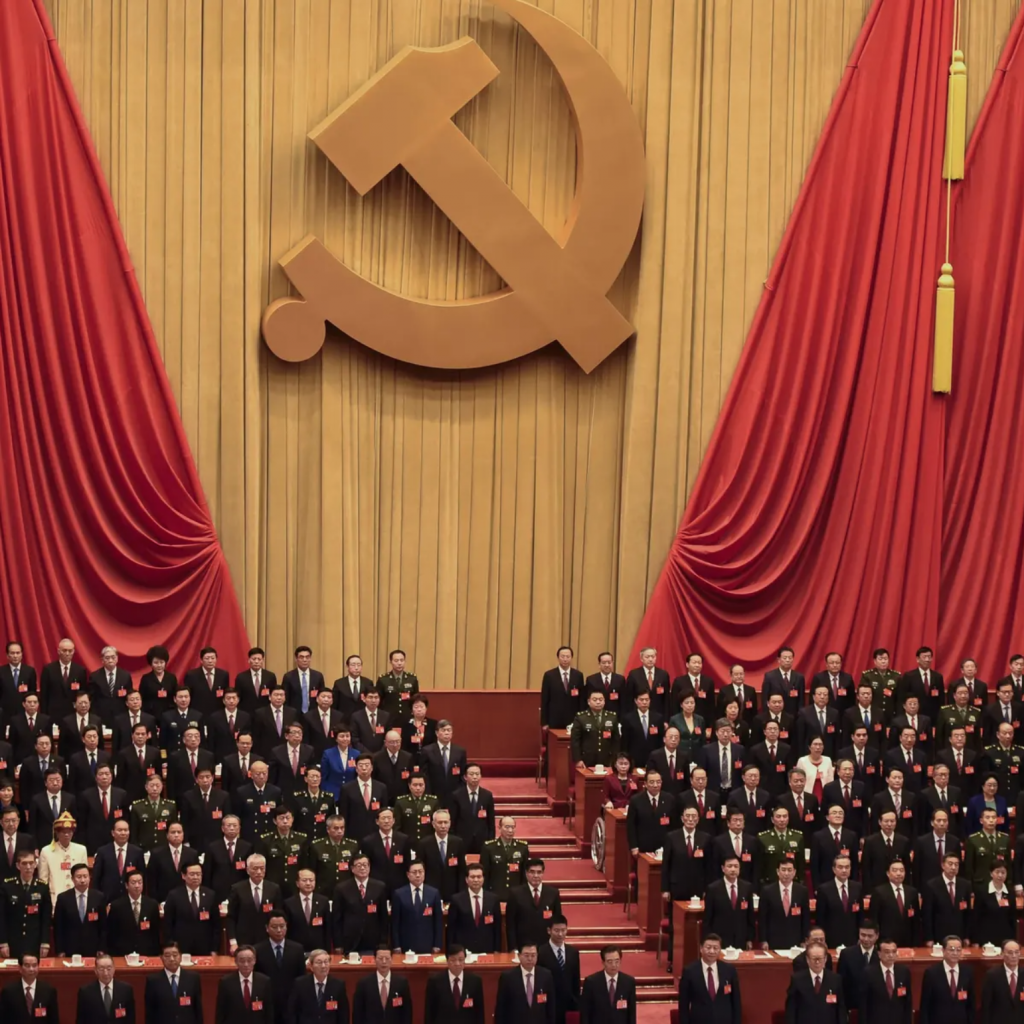The 20th National Congress of the Communist Party of China takes place later this week. The occasion is colloquially known as “二十大” Literally “20 Big” –– a weird translation to an English ear, but the main point is that “大” is a grandiose word meaning big, large, great, etc.
Those unfamiliar with China and its politics may ask what is this “big thing”? I had a chance to talk with the International Committee for The Communist Party of China in May and was able to hold a dialogue, but before I express my thoughts, here is a quick overview of what it is.
The Chinese Communist Party has an estimated 90+ million members within China. This Congress, represented by 2,300 members, will be held in the capital, Beijing, on Sunday, 16 October. The 19th Central Committee was elected in 2017, and will be formally succeeded by the 20th when the congress takes place. In this congress, the Central Committee will be elected. They will then approve the highest decision makers, which is the Politburo, made up of 25 members. Within it is the Politburo Standing Committee, a group of 7 individuals from the 25, including the General Secretary, Xi Jinping.
The 20th National Congress is set to see party members elected to more senior positions, and Xi Jinping’s 3rd term.
For the first time, members of the public have been able to submit their comments to People’s Daily and CCTV on a number of issues including party governance, development in areas such as ecological progress, socialist cultural advancement of people’s livelihoods, and more.
With this major reshuffling China has prioritised stability in the economy, a cornerstone of its growth over the past decades. Inviting the public’s comments promotes the CPC’s democratic work style and the confidence of the party as a whole.
Suggestions from the public call for more support for the elderly and disabled, help with jobs, technology, and infrastructure, and also promoting Chinese culture.
The party members being promoted in the reshuffling are of the post-great leap forward and post-cultural revolution generation, born as the death of Mao Zedong ushered in a different kind of leadership and direction for the country under Deng Xiaoping. These are a generation who were born into the modern China we think of today, with its outstanding economic and social progression, unlike the post-war generation who were born into times of immense struggle.
This group is considered highly educated and is expected to form the heart of the leadership. They will be responsible for carrying on major policies when the current leaders retire, continuing efforts to clean up corruption and to be ambitious, advocating for younger leaders.
I am hopeful for the future of China within its own borders and on the world stage, as new leaders in a new era continue with the work of initiatives such as the Belt and Road, to make life better for all. As per Xi Jinping Thought, improving livelihoods and wellbeing are some of the primary developmental goals.
Having a younger generation in charge, who inherits the country’s development along a socialist path and sustains its promotion of a peaceful international environment, will cement China’s status as a positive force in global politics for years to come.
Solidarity to our Chinese comrades on this historic occasion!
Jacob Fominov, is a member of the YCL’s London branch



